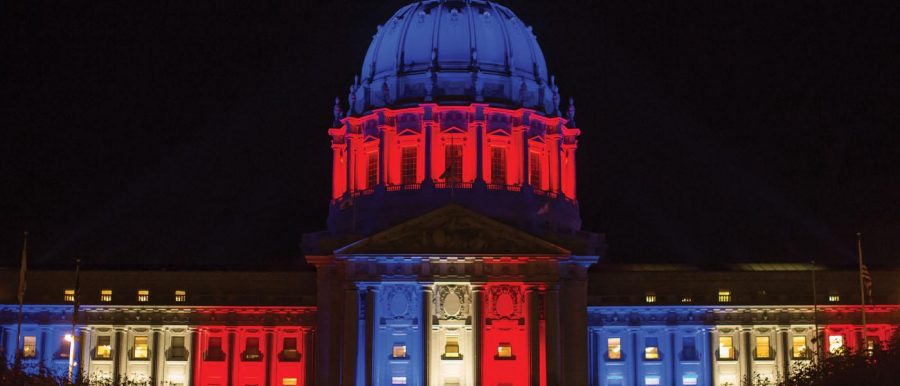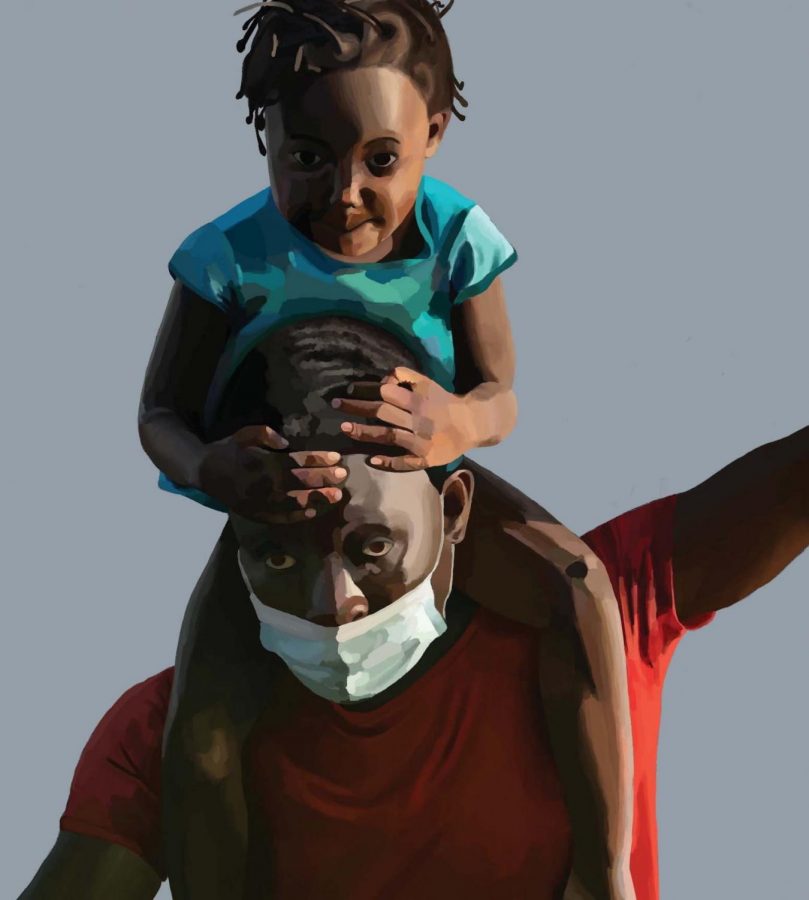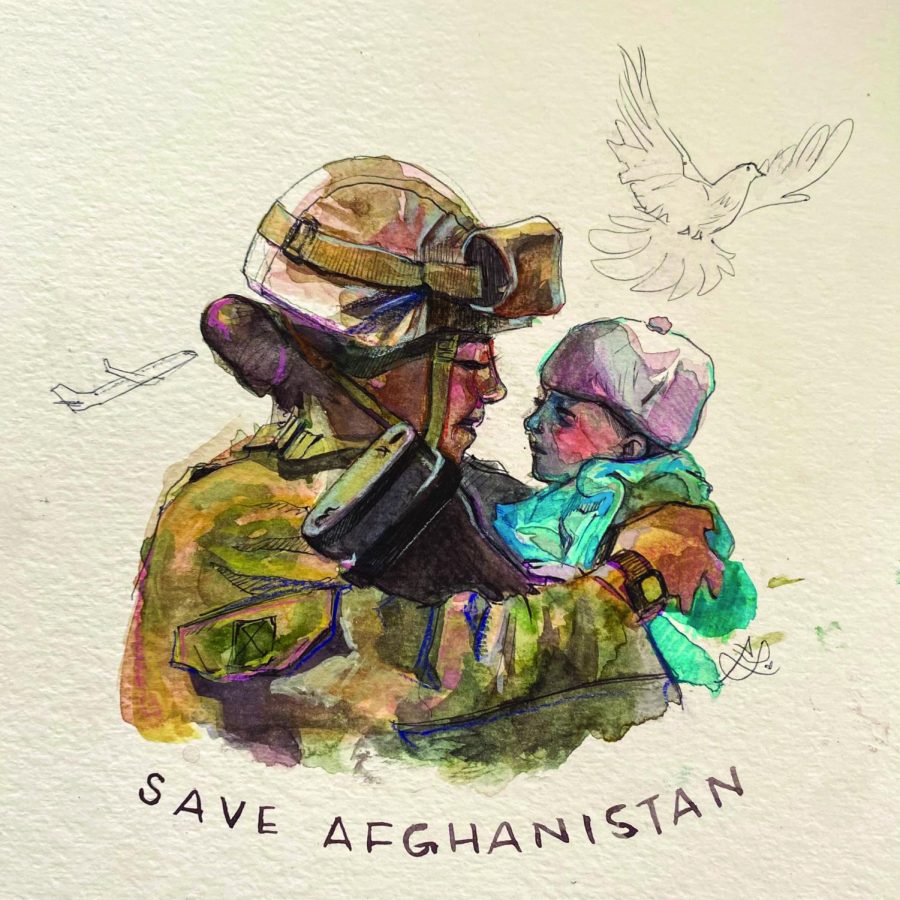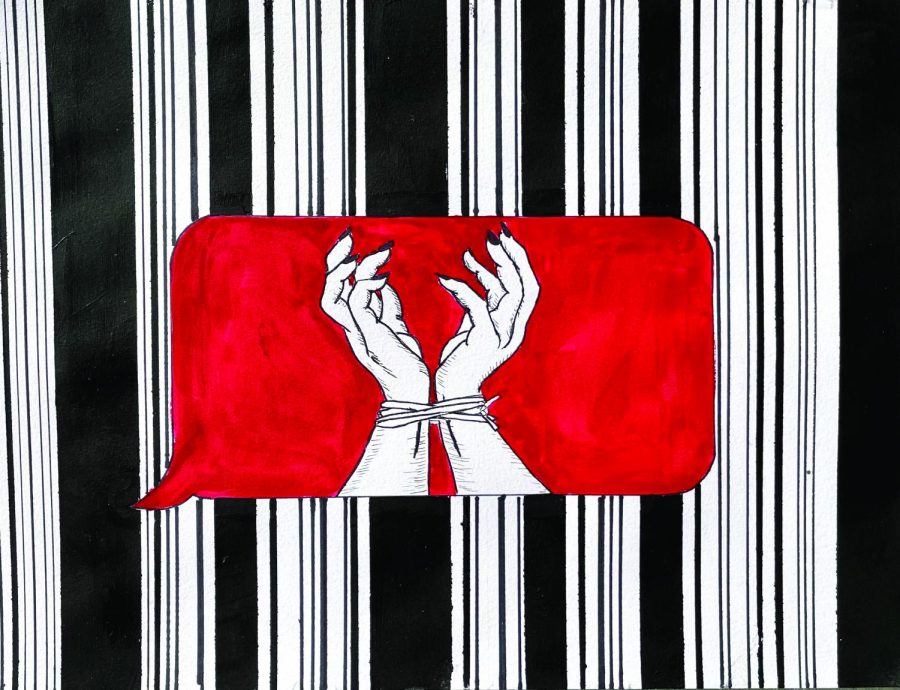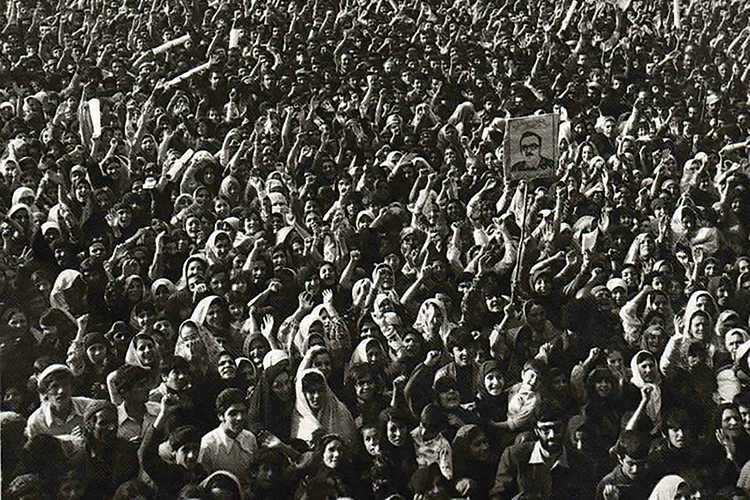Paris Attacks Shake the World
As explosions and gunfire reverberated through Paris on Friday, Nov. 13, terror resounded throughout the world. Both the citizens of Paris and those of the rest of the world entered into a hysteric fear, wondering who was next.
What Happened
At 9:20 on Friday night, an explosion was heard outside the Stade de France, also known as the Paris Stadium, located in Northern Paris. Inside, visiting team Germany faced off against France in front of an audience of nearly 80,000 people. A man, dressed in black and wearing a mask, detonated a suicide bomb near Gate D. The bomber also killed a bystander entering through the Gate.
Five minutes later, shots rang out across town as a man opened fire on Le Petit Cambodge, a local Cambodian eatery situated in Paris’s tenth district. The man exited a black vehicle with an AK-47 rifle and entered the restaurant. Fifteen people were killed.
At 9:30 p.m., a second explosion occurred at the Stade de France. Similar to the previous attack there, the bomber wore a suicide vest. However, the bomber was the only person killed in this explosion.
Just two minutes later, at 9:32 p.m., the same group of men who killed 15 people at the Cambodian restaurant drove just down the street to Casa Nostra pizzeria, outside of the bar next door, and shot another five people.
At 9:36 p.m., gunmen in a similar black vehicle that appeared at the other two shootings (although it is unclear if it was the same group of men) parked outside of La Belle Equipe restaurant. Another 19 people were killed, and many injuries were sustained.
Four minutes later, the final restaurant attack took place as a suicide bomber entered Boulevard Voltaire. No one was killed except for the suicide bomber, whose body was discovered later.
Just a little bit down the road at the same time, three masked men exited a black Volkswagen and stormed the Bataclan concert venue where an American band, Eagles of Deathmetal, played inside. After taking hostages and giving a short speech on the stage, shots rang out across the room as the audience and band members entered a state of chaos. Nearly three hours later, at 12:20 a.m., French police entered the building in an attempt to free the hostages inside. One of the attackers was killed by the police, but the other two detonated suicide vests, taking many lives with them in the explosions. A total of 89 people died inside of the concert venue. The final attack outside of the Bataclan took place at the Stade de France at 9:53 p.m. No one was killed except the suicide bomber.
According to the New York Times, ISIS, an Islamic militant group, claimed responsibility for the Paris attacks. According to Business Insider, the group is more dangerous than Al Qaeda. Although both groups strive for similar goals, ISIS has shown more violence. In a statement released via one of its messaging accounts in the aftermath of the attacks, ISIS mocked Paris and warned that the Paris attack was “just the first of the storm.”
Who it Affected
Although the attacks were localized to Paris, the impact created struck far deeper and wider than city limits or even the French border.
Many U.S. colleges and universities urged their students studying in Paris to seek refuge and find help from the United States Embassy in Paris.
Additionally, many citizens and tourists used varying mediums of social media to assure family and friends overseas that they were safe. Upper School French teacher Catherine Berryman, who is from France, received news from both her goddaughter and close friends that live in Paris.
“I was able to see through Facebook that they were all okay,” Berryman said, who lived in Paris until the age of 18, when she came to the United States as an exchange student.
Berryman first heard of the terrors going on in Paris after receiving a text message from a friend in the United States friend regarding the matter.
“A friend of mine texted me on that Friday in the afternoon, and said, ‘I am sorry about what happened in Paris,’” Berryman said. “I had no clue what she was talking about, so I got on NPR and I listened.”
News of the attacks also affected senior Nathalie Naor, whose mother, stepfather and stepsisters live in Paris, roughly five minutes from the Bataclan concert hall. Naor was on the phone with her mother when the first explosions occurred.
“I heard this muffled boom sound. I honestly thought it was just my mom breathing heavily into the mic or something, until I heard her say, ‘Honey, did you hear that?’” Naor said. “In the background, my step dad was laughing at my mom’s reaction saying, ‘Calm down Michelle, it was probably fireworks! There’s a big game tonight.’”
After receiving a text message and looking at an online news site, Naor was informed of the terror going on in Paris.
Naor’s family members in Paris are safe.
Upper School history teacher Tracy Walder was affected in a different way. Although she was not teaching a class when she heard the news, her immediate thought was of senior Wallis Jacobson, one of her advisees.
“I knew that her mom had just arrived in Paris that morning,” Walder said. She also received many texts and emails from previous students who wanted to know Walder’s take on the recent events.
Jacobson was able to get in contact with her mother almost immediately after the attacks.
“She received lots of texts and calls from the rest of my family and my extended family, and I emailed her,” Jacobson said.
What it Caused
In wake of the terror attacks in Paris, President Barack Obama gave a speech on Friday, Nov. 13. He called the events “an attack on all of humanity and the universal values that we share.”
According to both Berryman and Walder, the fear that spread throughout the world was rooted in the attack on daily life.
“I think I was angry because of the feeling that innocent people were sitting in cafe and were killed,” Berryman said. “I thought, how cowardly of them to do that, and I hated the way they attacked the French way of life.”
Similarly, Walder believes the fear is the result of an attack on a European country.
“This is a Western, European country, and we tend to look at the Middle East or Africa or those kinds of countries as ‘Oh, I wouldn’t really go there anyways, right?’ I am not trying to say people are ignorant, but I just think that is not a mindset that people have,” Walder said.
Recent attacks will not hinder Walder or Berryman from visiting.
“[ISIS’s] goal is to paralyze you with fear. These [attacks] can seriously happen anywhere, and I know that is scary to a lot of people, and I understand that, but you can’t really live your life that way,” Walder said.
Lasting effects will continue to affect daily life in Paris, at least for now.
Naor received a text from her mother a few days after the attack.
“It’s just not the same. Paris has lost its charm,” she wrote to her daughter. “I can’t enjoy this city anymore. I don’t feel safe like I used to.”
San Bernardino Shootings
Terror struck the West Coast, in San Bernardino, Calif., when a married couple opened fire at the Inland Regional Center on Dec. 2. The two were later identified as 28-year-old Syed Rizwan Farook and his wife 29-year-old Tashfeen Malik. It is believed they had been planning the attack for some time.
FBI official Dan Bowdich said to Fox News that this “act of terrorism” involved “extreme planning.”
During the attack, the couple opened fire, injuring as many as 21 people and killing 14. Many of the victims were Farook’s co-workers.
The couple was killed later that day during a shootout with the police. They left behind a six-month-old daughter, who was staying with Farook’s mother. She was told they were going to a doctor’s appointment.
Original motives for the attack were initially unknown to law officials. But on Friday, Dec. 10, the FBI announced that the shooting was being investigated as an act of terrorism.
According to CNN, the two shooters were supporters of the Islamic terrorist group ISIS.
Right before the shootout, Malik pledged her allegiance to ISIS leader Abu Bakr al-Baghdadi on Facebook.
The day following the announcement by Bowdich regarding the investigation, ISIS released a statement over their radio that said, “we pray to God to accept them as martyrs.”
Although the two are said to have been supporters of ISIS, according to CNN, many police officials believe that they never had direct contact with the organization.
“Both were radicalized and had been for some time,” Bowdich said on Fox News. He also said that the radicalization could have been achieved over the Internet and may not have involved a member of ISIS who actively turned them towards fundamental Islam.
Mary Claire Wilson- Sports and Health Editor


